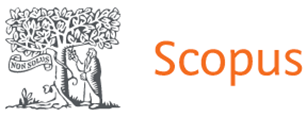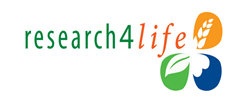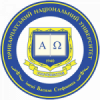Blended Learning as an Innovative Organization of the Educational Process in Higher Education Institutions of Ukraine
DOI:
https://doi.org/10.15330/jpnu.10.1.216-224Keywords:
blended learning technology, partner interaction, educational process, blended learning modelsAbstract
The authors, based on the analysis of psychological and pedagogical literature, summarizing the results of the study of the experience of cooperation between teachers and students in the educational process of an educational institution, highlighted the specifics of the organization of partnership interaction "teacher-student" in the conditions of a mixed format of education in modern institutions of higher education. The article reveals the theoretical and methodological foundations of blended learning technologies, describes the features of their implementation in the educational process, summarizes positive developments, and outlines typical problems. Researchers emphasize that the use of blended learning technologies determines the combination of different learning formats and teaching styles. It is indicated that mixed learning technologies are the best option for organizing the educational process when it comes to learning during quarantine or pandemic, martial law, limited access to classrooms, which requires teachers and managers of higher education institutions to use non-standard approaches and creativity in meeting educational needs and professional requests of education seekers. The article notes that the use of blended learning technologies in pedagogical practice helps to optimize partnership interaction in the "teacher-student" context, promotes the formation of digital competences, improves program learning results, and increases the effectiveness of the educational process in a higher education institution.











